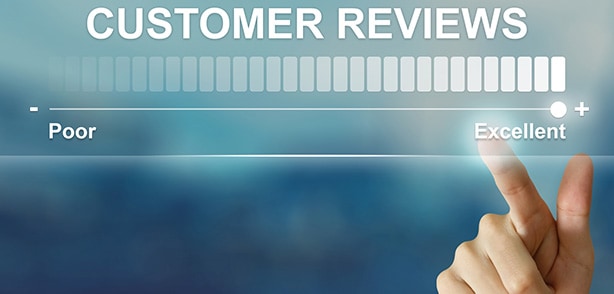Five Steps to Smarter Debt Collections

With personal and business bankruptcies up 10% from 2022, according to the United States Courts, it's inevitable that you'll come across someone who can't pay their bill. Having a process to follow and knowing what recourse you can take against delinquent invoices helps you save time and money on your Accounts Receivable operations. Consider these five steps:
1. Define delinquent.
In the absence of a universal guideline, Experian considers a bill that's gone unpaid 30 days or more as "delinquent." That said, this is the best time to address a late paying customer. Might you trigger a late fee? And if/when the invoice reaches 120 days overdue, think about more serious measures.
2. Reach out.
What's your initial reaction to realizing you're owed money? Anxiety, disappointment, and anger are some common emotions — and none will help you handle the past-due account.
Take a minute to identify your reaction and separate it from what you must do next: Contact your overdue customer about their outstanding invoice calmly, professionally, and clearly. Your best bet is to put that contact in writing, via either an e-mail or printed letter, giving you a record of your communications (that you will hopefully never have to use). Avoid text messaging — texts are often misread and/or forgotten in the daily stream of conversations.
Your short message should include:
A summary of the goods or services provided
The original due date
Your preferred payment method
An offer to discuss terms if you're amenable to a repayment arrangement. Sometimes, the delinquent customer might just need a little more time, could do better with smaller payments, or simply forgot, because they were too busy running the shop and "will have that payment to you today!"
3. Get help.
It costs money to chase money — just ask anyone who's paid a debt-collection business or a lawyer to get what's due to them. But how much are you willing to spend?
In many cases, your local small claims court, if there is one, may be your most accessible recourse. Claim limits vary by state with some as low as $2,500, and a claim can turn into a time-consuming experience.
For amounts larger than the small claims court limit, you could retain an attorney to draft a payment-demand letter. The threat of more significant legal action might be enough to spur your delinquent customer to pay in full.
Debt-collection agencies can be effective, but they're expensive. Most take a percentage of what they recoup as their payment. In some cases, that's 50 percent or more — which may worth it for you, depending on the total amount in question.
Taking the delinquent person or business to civil court. You'll need to hire an attorney and surrender to the court's schedule. In this scenario, you can opt for arbitration, which may move faster and therefore costs less. Its outcome is just as enforceable as a court ruling.
While you're pursuing payment, ask your accountant how this unpaid invoice may affect your tax filing. Depending on the circumstances, you may be able to write off the amount due.
4. Know your customers.
You can avoid many bad debt situations by doing your homework. Knowing your potential new customer better can include researching their debt-paying reputation. Checking with your local small claims court can help you feel more confident about doing business with a new client.
You might also want to invest in a Dun and Bradstreet business credit report on your customer before signing any contract, large or small. To round out this hard, cold, data, request multiple contact methods for each customer. And remember the basics: Checking in to ensure they're satisfied with your goods or services strengthens the relationship. It's a smart — and free — move.
5. Step up your billing and collections tactics.
Customers don't set out to pay late. Support them with some strategic communication, starting with stating your payment terms to customers up-front. If you spell out when payment is due and what happens if it's late, you've laid groundwork for further action.
Think about protecting yourself by limiting the potential dollar amount that a client can owe you, or for sizeable contracts you could require a deposit before you begin work. Incremental billing is another approach, one that can work well for long-term engagements (and support your cash flow). Setting reminders to yourself for when payments are due is another smart tip, one that can keep you from forgetting about an invoice until it's a problem.
In the eventuality that you do need to alert customers they're late, having a form letter ready to send the day after a payment becomes overdue can help you act fast. When you don't have to think about what to say each time, you remove a lot of the friction from claiming your due. Because you're proud of your work and deserve to be paid — on time.
Did you know...
The U.S. Chamber of Commerce maintains a list of companies that have signed its Prompt Pay Pledge in support of paying small businesses quickly.
Since 2008, Fora Financial has distributed $4 billion to 55,000 businesses. Click here or call (877) 419-3568 for more information on how Fora Financial's working capital solutions can help your business thrive.






